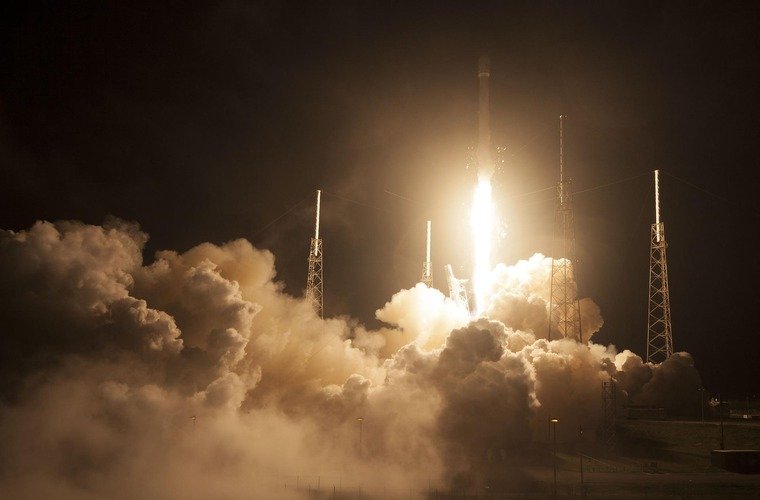When it comes to space programs, New Zealand may have a small one, but it is steadily growing. Earlier in September, the government of New Zealand announced a review of the country’s space policies, bolstering plans to launch an official aerospace strategy to continue growing the country’s endeavors in outer space.
Because space technology is a collaborative industry, New Zealand hopes that by boosting its space program, it can bring home more talent and capital and better connect it with the space programs of countries worldwide.
Background: The Island Country’s Space Program
New Zealand’s space industry currently has an estimated $1.75 billion in total revenue. While this is merely a fraction of the revenue that NASA has created (around $7 billion), it still shows a strong beginning to creating the country’s own space program. One of its main assets is that the island is an optional place for rocket launches, as it has many types of terrain for training astronauts and consistently clear weather.
Though there are many small companies that make up the current space industry, the most well-known is Rocket Labs USA Inc. This company launches satellites and develops electron rockets and photon spacecraft to make space missions more affordable. Because the small community of companies is readily growing, the New Zealand government believes that it is now time to establish some regulations for the space industry to help capitalize on that growth.
Analysis: Putting Up Policies
The government hopes to not only help regulate the country’s space industry but also help grow it even more. According to Associate Transport Minister Kieran McAnulty, “The government’s aerospace strategy will make sure that regulations remain fit for purpose, and advanced aviation technology is integrated into transport networks without disadvantaging those who use the airspace.” To back up their statements, the government will be giving NZ$3.7 million to the Civil Aviation Authority to help develop these regulations.
McAnulty also said that these regulations have been requested by many in the space industry sector. These regulations will not only help create an infrastructure for the country’s space program, but also make it easier for outside companies and countries to collaborate on developing the next generation of space technology.
Outlook: More Public-Private Collaborations in New Zealand
Unlike NASA, which is quite an old space program, the New Zealand space program is young and new, making it attractive for both public organizations and private companies to use. Rocket Lab USA Inc is a private company that has helped develop the world’s first private orbital launch pad on the island’s Maria Peninsula. With private companies already there, it seems that the New Zealand space program may eventually have one of the highest numbers of private companies in its community.
This in turn may give way to better space policies and regulations, making the country a more welcoming place for new space technology. The new regulations the government establishes will likely contain private company policies for the country, which will help to further ensure that it encourages more of these businesses to join New Zealand’s burgeoning space industry.
Kenna Hughes-Castleberry is a staff writer at the Debrief and the Science Communicator at JILA (a partnership between the University of Colorado Boulder and NIST). Her writing beats include deep tech, the metaverse, and quantum technology. You can find more of her work at her website: https://kennacastleberry.com/

